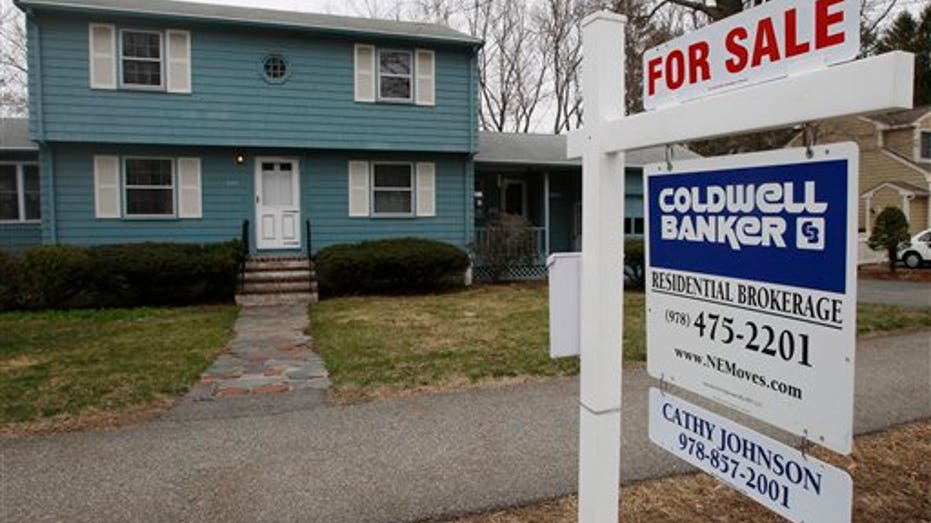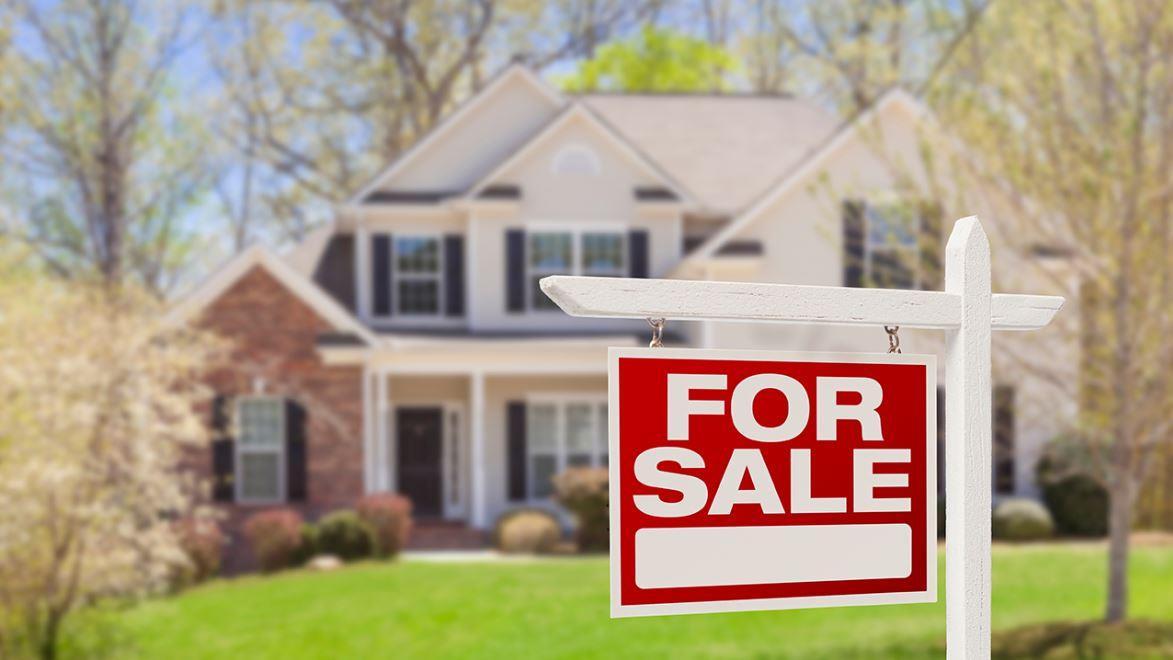For millennials, is renting actually smarter than buying a home?
Millennials frequently lament their inability to purchase a home — often the result of staggering student loan debt — but renting might actually be the more-financially savvy move.
For years, it’s been assumed that buying was the better choice, thanks to a crash in home prices, combined with record-low mortgage rates, which made buying cheaper than renting.
And while it’s generally believed that appreciation on real estate helped to grow middle-class wealth, larger new structures with amenities like marble bathrooms and nicer kitchens actually account for most of the rise in single-family house prices, according to a Bloomberg opinion column, authored by A. Gary Shilling, the president of a New Jersey consultancy.
APPLE'S AFFORDABLE HOUSING PLAN OFFERS 'NO HOPE,' PROFESSOR SAYS
The quality-adjusted house price index removes that upward bias by comparing the prices of the same house when it is sold repeatedly over time, Shilling wrote. That index shows average quality-adjusted single-family house prices, corrected for overall inflation, have risen just 1.1 percent since 1972.
Plus, since 1972, 30-year fixed-rate mortgages have averaged 4.1 percent, meaning that it cost the homeowner 3 percent per year to own a house — before taxes, maintenance, utilities and insurance.
GET FOX BUSINESS ON THE GO BY CLICKING HERE
“That’s a real negative return,” Shilling wrote. “No wonder only about a third of millennials owned their homes in 2016, compared to half of Generation X at a similar age in 2001 and half of Baby Boomers in 1989.”

According to a study published by the Florida Atlantic University and Florida International University faculty in 2018, renting and reinvesting, on average, will outperform owning and building equity in terms of wealth creation. Across 16 of the 23 major metropolitan markets covered in the research, renting is a better investment than buying. Those cities include: Atlanta, Dallas, Denver, Houston, Los Angeles, Miami, San Francisco and Seattle. In part, that’s because the cost of buying a home outpaces the cost of renting a similar property.
Homeownership rates for people ages 24 to 32 dropped nearly 9 percentage points between 2005 and 2014, with only 36 percent of millennials owning a home. And in January, the Federal Reserve estimated that 20 percent of that decline is attributable to student loan debt.
In the aftermath of the financial crisis, a number of millennials only have the option to rent because the cost of rental apartments have surged from their previous 300,000 annual rate level to 340,000 in September, Bloomberg reported. But single-family starts, after plunging from a 1.82 million annual rate in 2006 to 350,000 in 2009, have only revived to 920,000, well below the long-term average of 1.2 million.
Investors are also buying large swaths of single-family houses -- generally the target of first-time home buyers -- and converting them to rental units. Last year, investors bought 20 percent of houses in the lowest one-third price range, up from the 15 percent average, according to Bloomberg.
“The trend toward renting over owning should persist and may even increase,” Shilling wrote. “I continue to favor investments in rental apartments — assuming, of course, they meet the location, location, location test.”




















